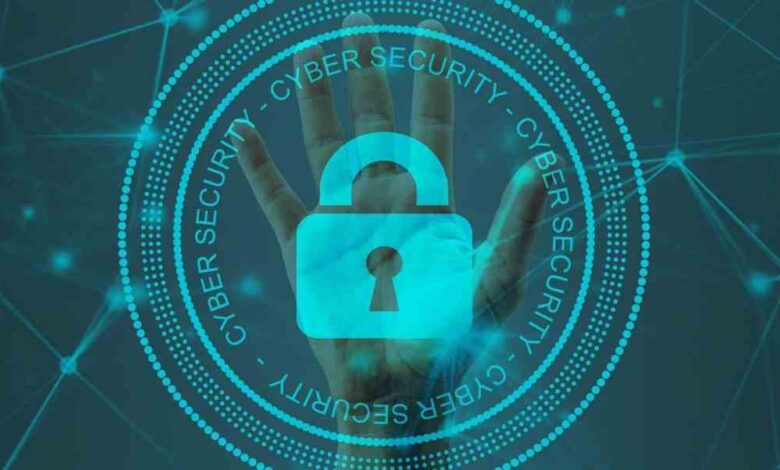The Role of Proxies in Cybersecurity

In today’s world, being secure online is something all of us need. It’s now not just a nice thing to have anymore. As greater numbers of human beings and organizations get on the net, they face more risks like stolen information, assaults, and misplaced privateness. In this time, there is something that can really help. A proxy is like a helper that goes between you and the rest of the internet. When you send your web traffic through a proxy server, you make your security stronger. This keeps your private data safe and helps you stay more hidden online than other ways.
The way a proxy works in your cybersecurity plan changes based on which one you pick. Residential proxies are special and can help you a lot. They use real home or business IP addresses given by an Internet Service Provider (ISP). This makes them look like you or me using the web for normal things. It is tough for most people or sites to spot them or block them. But datacenter proxies are made from big groups of servers and can be easily seen.
1. Anonymity and IP Masking
One of the main jobs of a VPN in cybersecurity is to let you hide your real IP address. When you go online without using this, your IP address is shown to every website. This means people can see where you are, what you look at, and things about you. This helps to:
- Protect against targeted attacks: A proxy hides your real IP, so it is harder for bad people to find you. This means they cannot easily launch attacks like DDoS against you or your system.
- Prevent tracking and surveillance: People at websites, advertisers, and the government cannot simply track what you do online. They also cannot make a full record of what you do on the internet.
- Bypass IP bans and blacklists: If a website has blocked your normal IP, a proxy makes it possible to visit that site again. You do not have to show who you are.
2. Traffic Filtering and Content Control
Proxies are not only good for keeping your identity safe. They also help sort and handle the traffic that comes in and goes out. This is very important for businesses and groups. They need to make sure they can watch over internet use and keep their networks safe from harmful things. You can set up proxies to:
- Block harmful websites: A proxy has a list of bad websites. This helps it stop people from getting to sites with malware, viruses, or scams by mistake.
- Follow company rules: In the workplace, a proxy can stop people from getting on websites that are not good for work or not safe. This helps people stay on task and safe.
- Look for bad software: Some proxies can be made to watch what comes in for bad things. They help keep out online attacks before they get in.
3. Securing Remote Access
Now that many people work from home or mix time at the office with remote work, it can be tough to keep company tools safe. A proxy can help with this problem. When people use a proxy, they connect to it first. The proxy then sends what they need to the company’s own system. This hides the real IP address and gives more protection. It also stops unwanted people from getting in and keeps private data safe as it moves in and out.
Proxies can be really helpful, but you have to be careful, especially with cheap proxy services. Some free or low-cost options can keep records of what you do online. They might not use encryption or other strong protections. Also, the way they get their IP addresses might not be clear. This can put your safety and privacy at risk. It can also go against the reason you want to use a proxy. For good online safety, always use a trusted and dependable proxy service.





